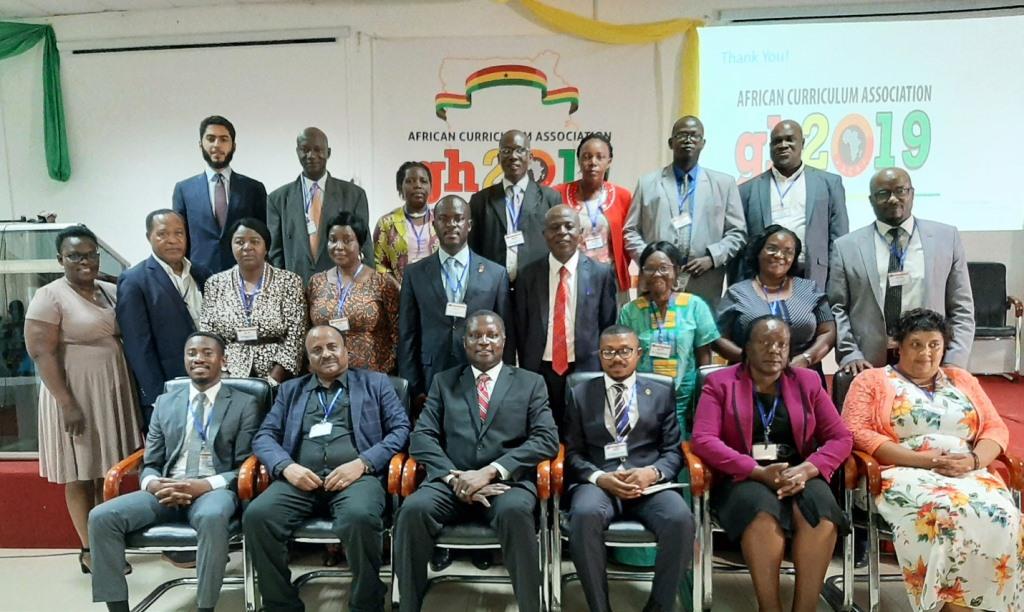Organized by African Curriculum Association (ACA), in Accra, Ghana, between 26 and 30 May 2019, the Curriculum Cluster ’s 2019 Conference, was attended, in a synergetic manner, by various experts and academics in order to promote curriculum research and align contemporary curriculum movements to CESA (Continental Education Strategy for Africa) and AU 2063 agenda.
On behalf of AUC, Dr. Yohannes Woldetensae made a presentation, highlighting curriculum role in Agenda 2063 and CESA 16-25 achievement and emphasizing AU considerable attention for curriculum expected to be transformative and responsive to employability needs. In the same perspective, while highlighting the Curriculum Cluster as the coordinator and South Africa as the co-chair, he emphasized the importance of national curriculum development agencies and the stakeholders to be consulted. On that basis and after noting, inter alia, that the curriculum in Africa is overloaded and not focused on conceptual issues, several recommendations were made.
They include the need to establish a guiding framework for harmonizing the curriculum development process, to focus on curriculum developers and researchers’ capacity building in curriculum development process, to strengthen National Curriculum Centers and establish network of communications, to provide teachers with facilities, technologies and incentives that support them to deliver the curriculum that leads to the delivery of transformative education, to focus on problem solving skills, entrepreneurship and innovation to harness the demographic dividend effectively, to cite just a few examples. These supporting initiatives aim at achieving robust standardized practices in curriculum development and development and therefore at meeting CESA 16-25 objectives.
Outcomes of the conference included: Built capacity for the participants; Created partnership with potential organisations working on curriculum; Created academic networks; Agreed to publish African content; Created academic growth; Increased research skills for participants; Strengthened participants interest in research and publishing

